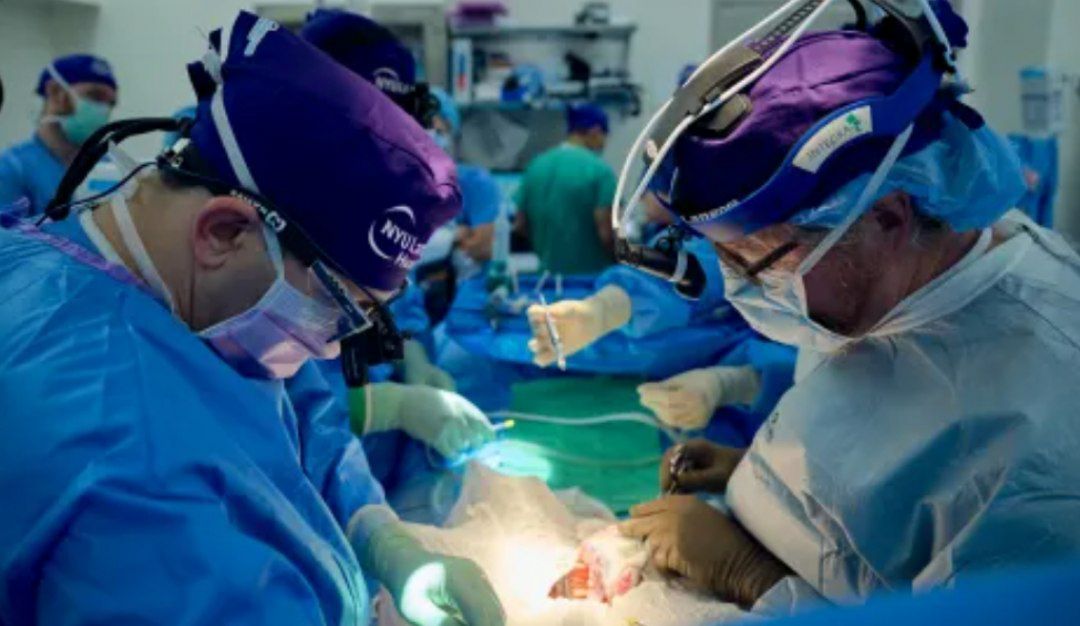A historic medical milestone unfolded in Boston as surgeons achieved a successful kidney transplant from a genetically engineered pig to a 62-year-old man in need, as reported by the New York Times.
This breakthrough offers hope to those grappling with kidney failure, with early indicators from Massachusetts General Hospital showing promising progress in the patient’s recovery since the surgery over the weekend.
Mr. Richard ‘Rick’ Slayman of Weymouth, Mass., the recipient, is currently recuperating well at MGH and is anticipated to be discharged soon, according to the hospital’s update on Thursday.
Dr. Joren C. Madsen, Director of the MGH Transplant Center, credited Mr. Slayman’s bravery for making the pioneering surgery possible and emphasized its potential significance for patients with end-stage renal disease worldwide.
Related News: British American Tobacco – Sustainability Lead
The transplanted kidney’s immediate production of urine marks a positive step forward in the process.
Dr. Winfred Williams, associate chief of nephrology at Mass General, highlighted the potential of this new kidney source to address disparities in kidney transplant access among minority patients.
Dr. Leonardo V. Riella, medical director for kidney transplantation at Mass General, expressed optimism that widespread use of genetically modified animal kidneys could eventually obviate the need for dialysis.
Developed by Mass General Brigham, the transplant program holds promise for addressing the significant demand for kidneys in the United States, with over 100,000 individuals awaiting transplants from living or deceased donors.
Beyond kidney failure, chronic kidney disease affects tens of millions of Americans, emphasizing the urgent need for effective treatments such as organ transplantation.
In Nigeria, where 25 million people suffer from renal illnesses, there are calls to expand the National Health Insurance Scheme to cover chronic kidney disease, following a motion sponsored by Senator Abdulaziz Yar’Adua.
While recent advancements, such as heart transplants using genetically modified pig hearts at the University of Maryland, showcase progress, challenges remain, as evidenced by the unfortunate outcomes for two patients despite successful surgeries.
You can also read: Caring for Individuals with Down Syndrome: 10 Key Aspects of Support and Development


